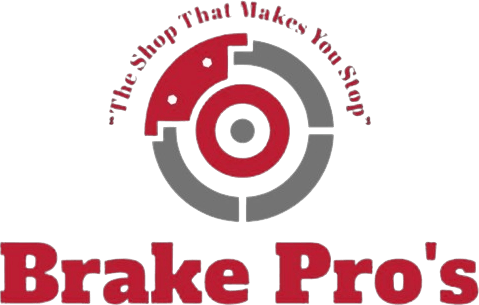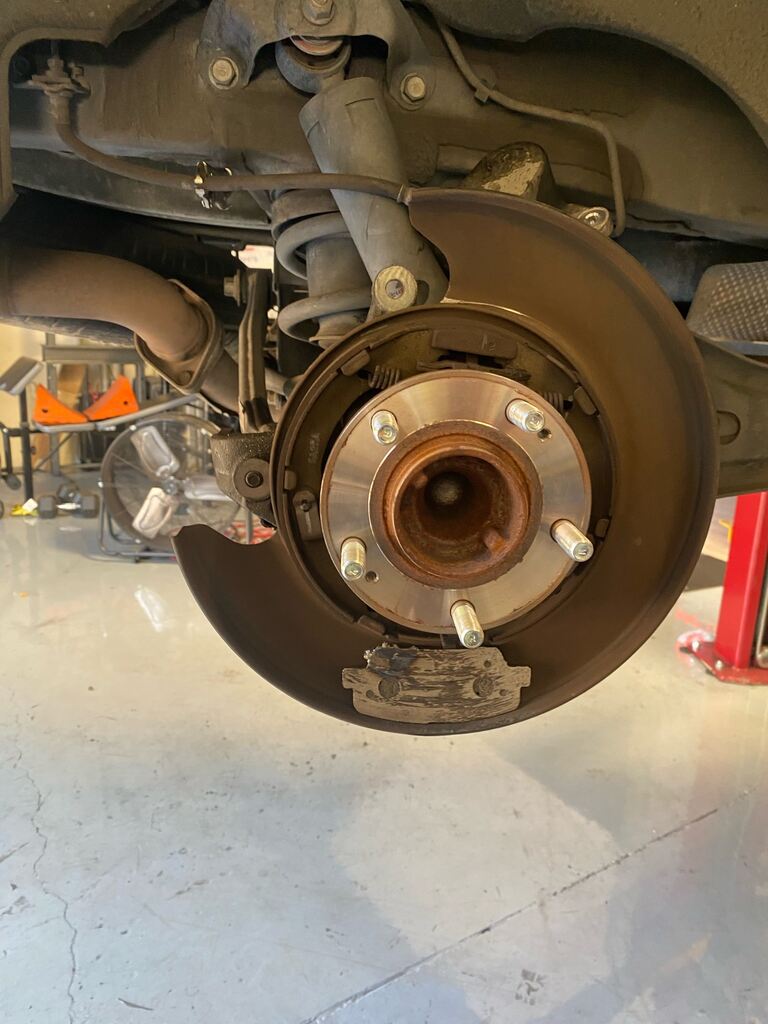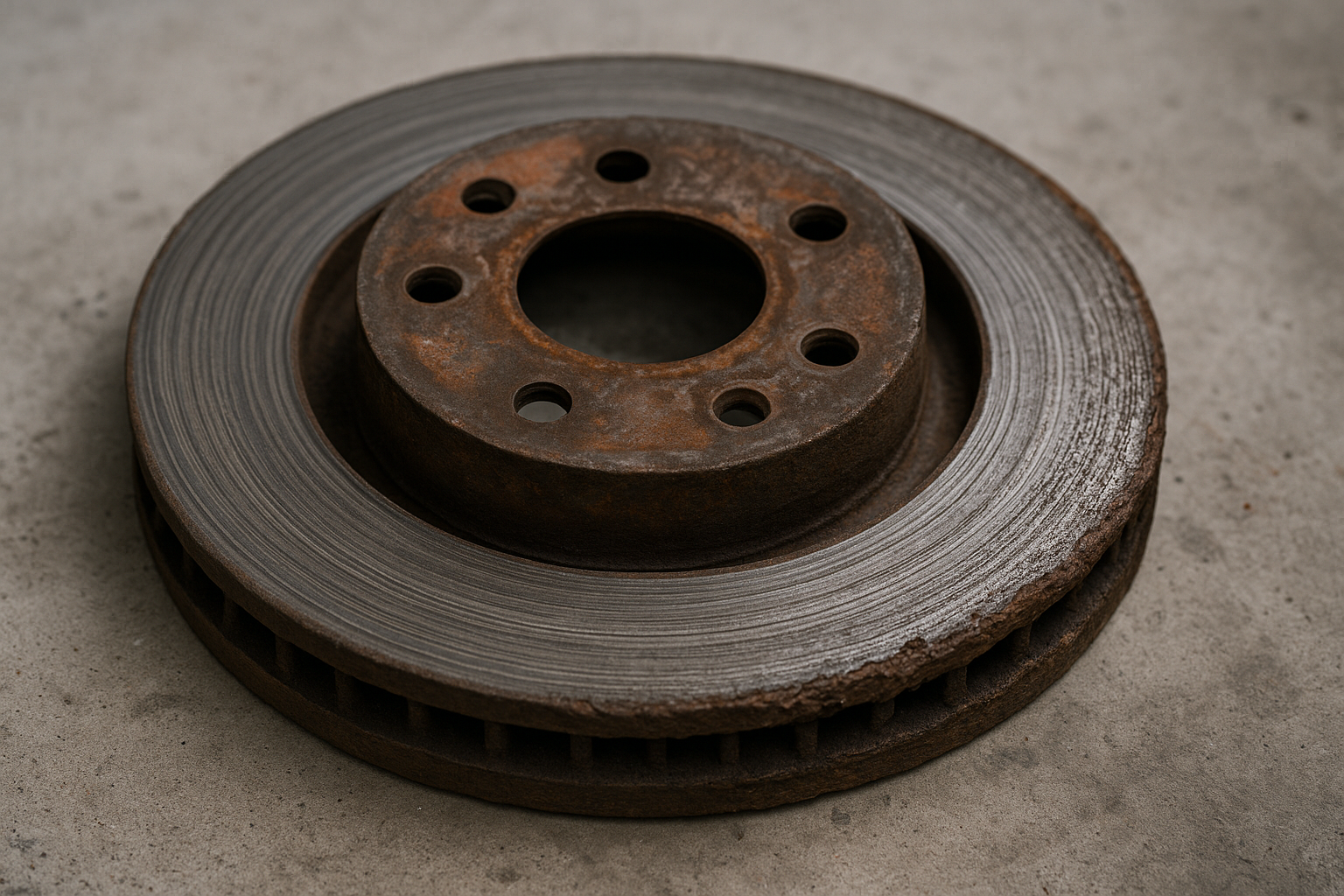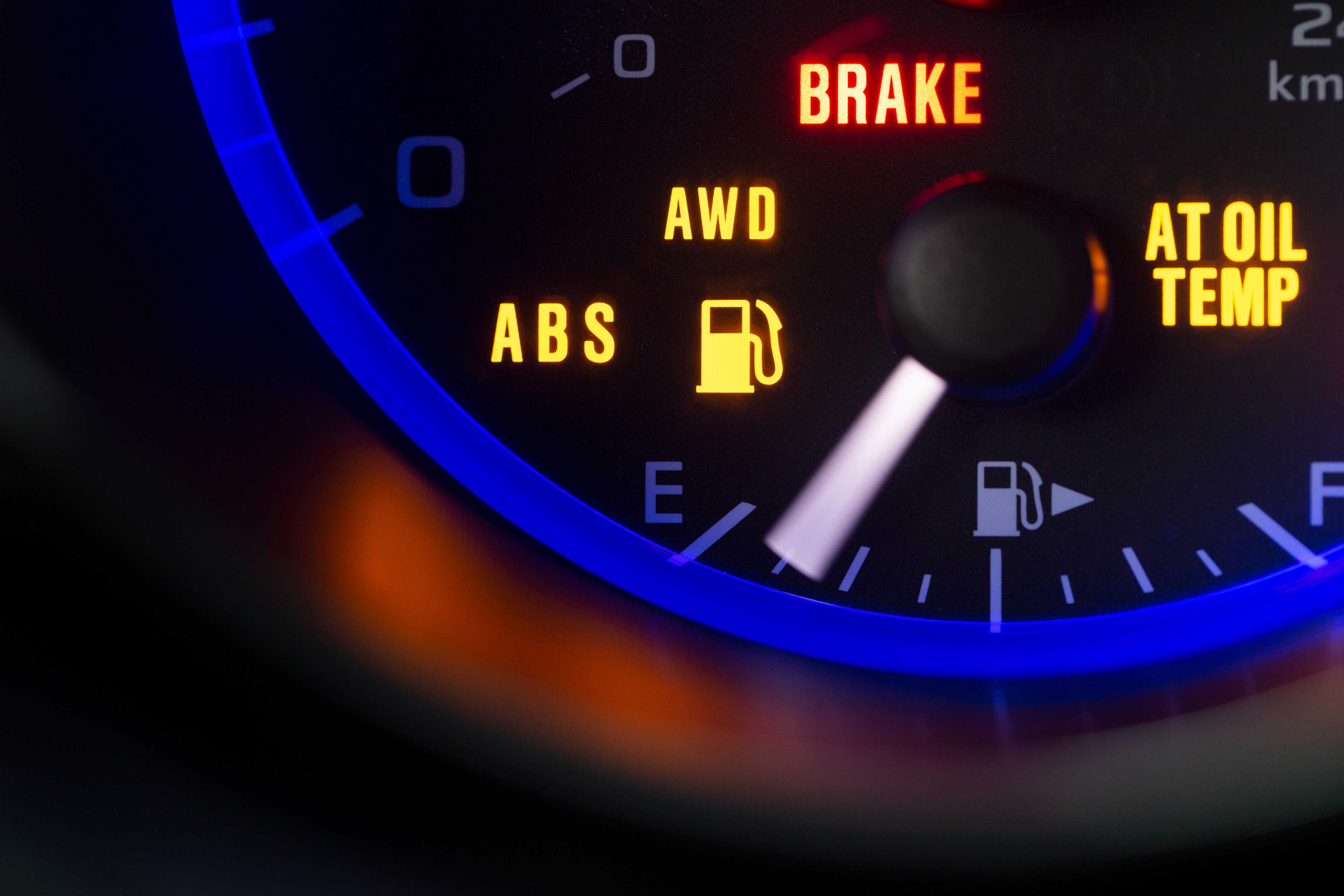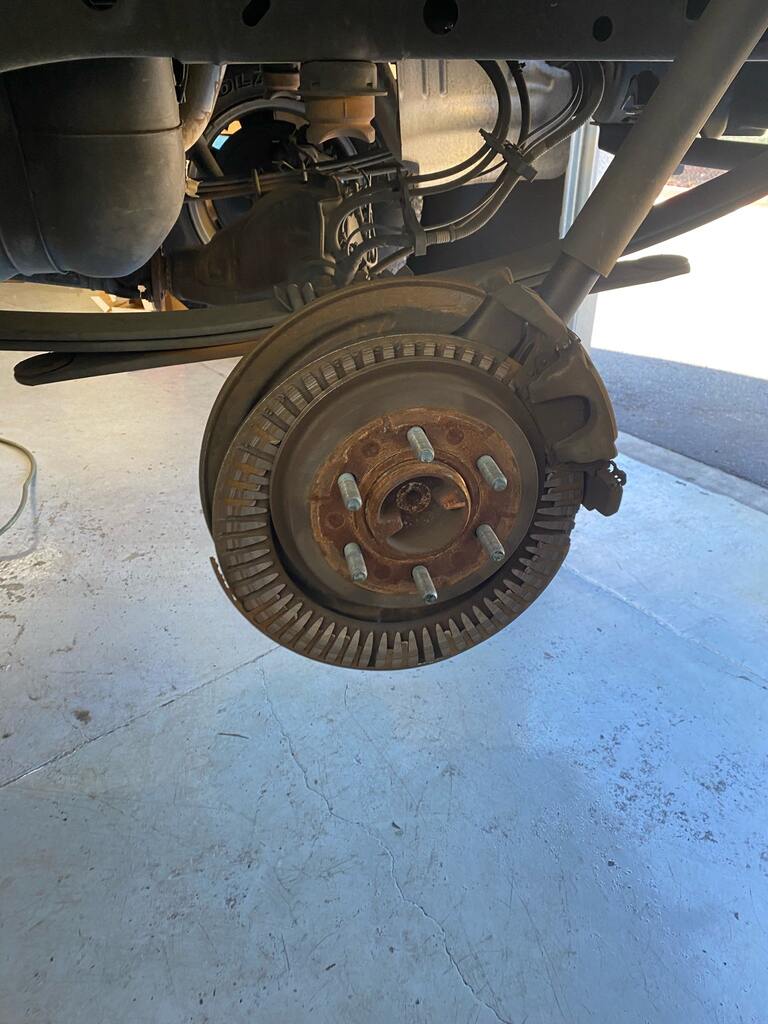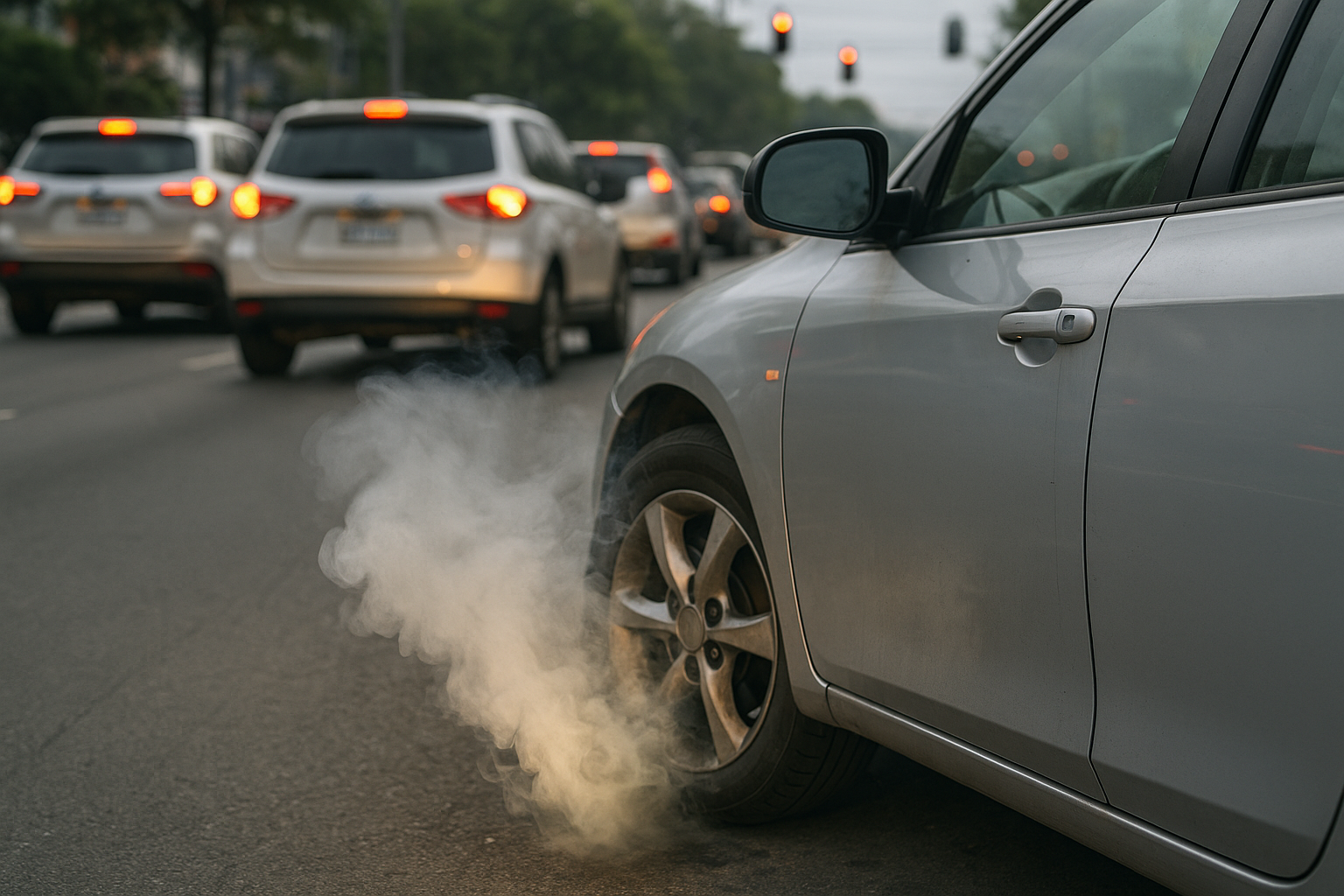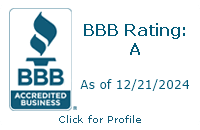Blog
Why Brake Pads Wear Faster in Stop & Go Antioch Traffic
Living in Antioch means dealing with heavy traffic along routes like Highway 4 and city streets, especially during rush hour. This constant stop-and-go driving puts extra stress on your vehicle's brake system. Understanding why your brake pads wear down faster in these conditions can help you stay ahead of maintenance and keep your car safe on local roads.
The Science Behind Traffic-Related Brake Wear
Every time you press your brake pedal in traffic, your brake pads press against the rotors to slow your vehicle. This friction creates heat and gradually wears down the pad material. In steady highway driving, you might only use your brakes occasionally. But in stop-and-go traffic common on Antioch streets, you're using them constantly.
The heat buildup from frequent braking actually speeds up wear. When brake pads don't have enough time to cool between uses, the material can wear unevenly or break down faster than normal. This is especially true during summer months when ambient temperatures are already high.
Warning Signs Your Brakes Need Attention
- Squealing or squeaking sounds when braking
- Vibration in the brake pedal
- Taking longer than usual to stop
- Grinding noise when applying brakes
These symptoms are your car's way of telling you it needs brake service. Ignoring them can lead to more expensive repairs and unsafe driving conditions. Regular inspections help catch wear issues before they become serious problems.
Smart Driving Tips to Reduce Brake Wear
You can extend your brake pad life even in heavy Antioch traffic by adopting better driving habits. Maintain a safe following distance so you don't need to brake suddenly. Look ahead and anticipate stops, this lets you slow down gradually by easing off the gas instead of braking hard.
When Traffic Takes Its Toll
- Check brake fluid levels monthly
- Have brake pads inspected every 15,000-20,000 miles
- Pay attention to changes in braking performance
Regular maintenance is crucial when your daily drive involves lots of stopping and starting. Our certified technicians can spot early signs of wear during routine inspections, helping prevent more serious issues down the road.
Common Questions About Brake Service
How often should I replace my brake pads in stop-and-go conditions? While it varies by vehicle and driving conditions, brake pads typically need replacement every 30,000-50,000 miles. However, Antioch's heavy traffic can reduce this to 20,000-30,000 miles.
What type of brake pads work best for city driving? Semi-metallic or ceramic brake pads often perform better in stop-and-go traffic conditions. They handle heat better and typically last longer than organic pads.
How can I tell if my rotors need replacement too? If you notice pulsing in the brake pedal, uneven wear patterns, or grooves in the rotor surface, it's time for a professional inspection.
Protecting Your Safety on Antioch Roads
Don't wait until you hear squealing brakes or feel vibrations to get your brakes checked. Regular maintenance helps prevent costly repairs and keeps you safe on busy Antioch streets. Schedule your brake inspection with our experienced team or call 925-428-1213 for immediate assistance. We'll help keep your vehicle stopping safely, no matter how tough the traffic gets.
‹ Back
